Staying positive and optimistic during times of crisis can be challenging, but it’s critical to your mental well-being and immune system. Today, due to the hindrances caused by the Coronavirus pandemic, even individuals with the sunniest of outlooks may be having a hard time staying positive. Remaining optimistic in the face of social distancing and isolation, dystopian and constant news about the virus, possible loss of income, communal grief, uncertainty, and gripping fear, requires conscious effort and continuous mindfulness.
Throughout the years, numerous studies and research projects have shown a correlation between overall health and optimism. Skeptics of these studies argue that it’s likely someone’s good health that’s making them positive and optimistic and not the optimism and positivity that is causing their good health. Regardless of these scientific studies, however, it isn’t much of a stretch to say that optimists are happier than pessimists, and happiness is better for your overall mood than unhappiness.
Being vigilant of our mood in today’s pandemic environment should be a priority to us all. Remaining calm and constructive at times of uncertainty can help us navigate through difficulties and find a path towards our more resilient selves. Here are ten things you can do, starting today, to improve your positive outlook:
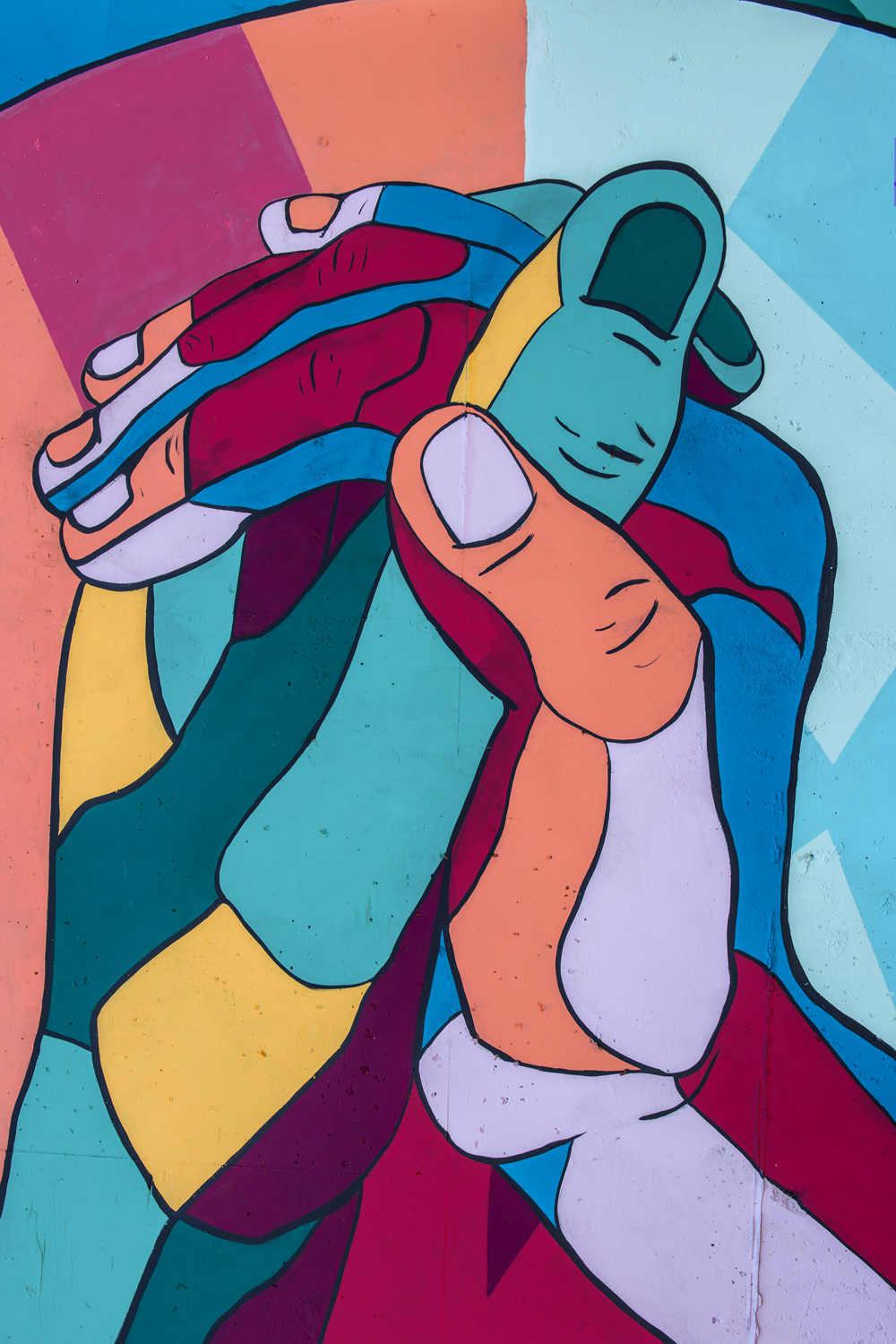
1. Practice gratefulness. Even when life seems bleak, there are things we still have for which we should be grateful. Keep a gratefulness journal or do a quick morning gratefulness meditation. Notice both significant and small items for which you are thankful. Important things can include your home and shelter, your health, your family, your friends, your ability to put food on your table, and other essentials. Small things are more momentary pleasures, like a hot cup of coffee, a calming bath, a good book, or a funny meme. Be sure to include as much detail into your gratefulness practice as possible.

2. Start your day with a positivity routine. Morning routines are important to begin with, but even more so during times of crisis. Don’t reach for your phone to check the news as soon as you wake up or while you’re still in bed. Take a few minutes to find yourself – and smile. You’d be surprised at how incredibly powerful a morning smile can be in helping you start your day on a positive note. If you can, do a quick meditation practice, even if it’s only a few minutes long, before you get out of bed. You can even make that gratefulness practice your morning meditation routine.

3. Slow down. Don’t rush into things, including any conclusions about information you’re getting from the news or things you’re hearing from family and friends. There is no need to hurry right now. One of the benefits of social isolation is your ability to pace yourself and let go of some usual anxieties. Pay attention to and enhance your awareness by practicing continuous mindfulness. You can do this by trying to remain as present as possible. Focus on the details around you, like scents, and sounds. Lower the volume of your thoughts, so you can hear your inner voice.
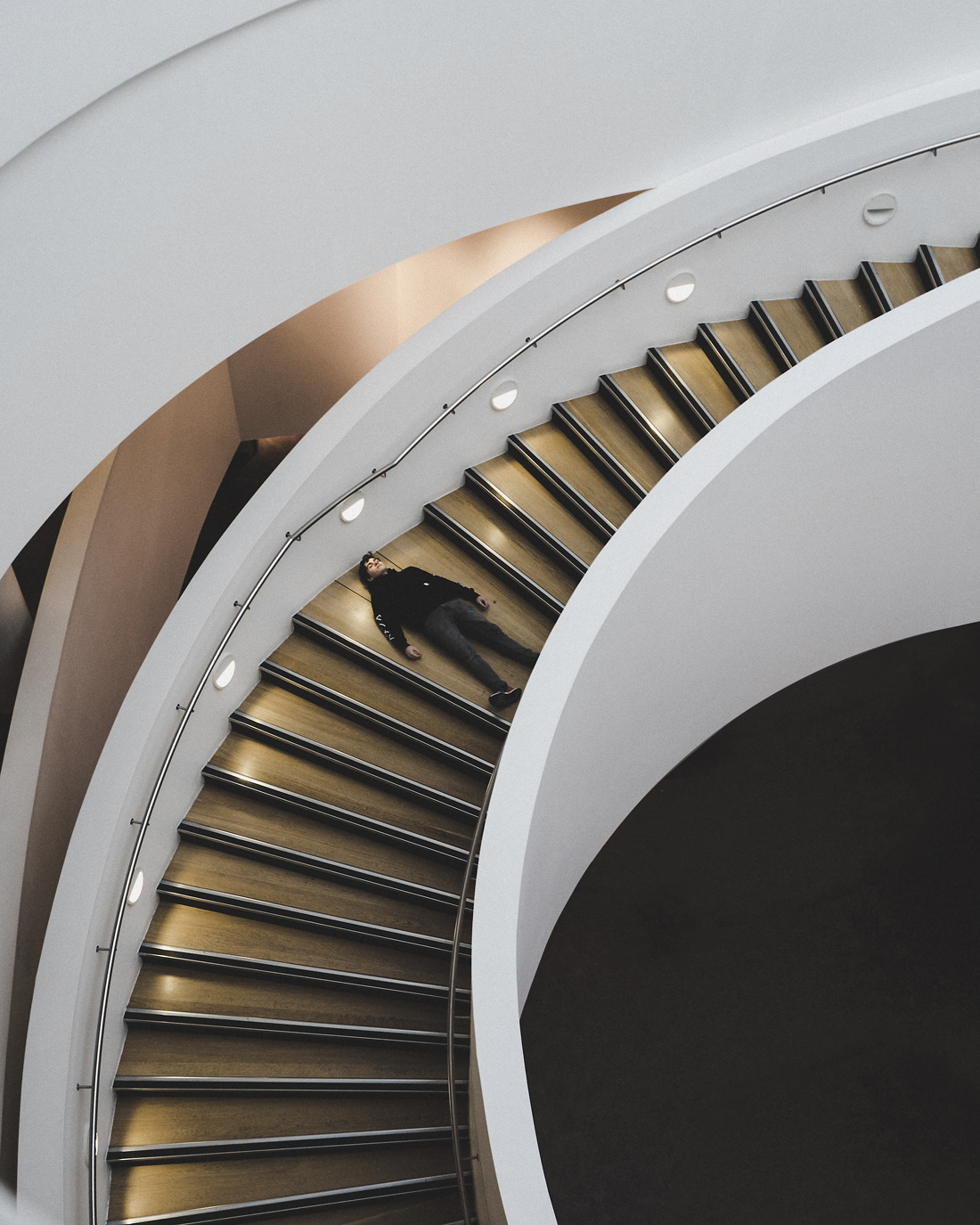
4. Relax your body. Check-in on your muscles regularly and if you’re tensing up your jaw, or your shoulders, or if you’re frowning, breathe and relax. Get into the habit of doing quick body scans throughout the day. From your scalp to your toes, be aware of your body, your muscles, and your breathing. This also helps make mindfulness an ongoing aspect of your daily life.
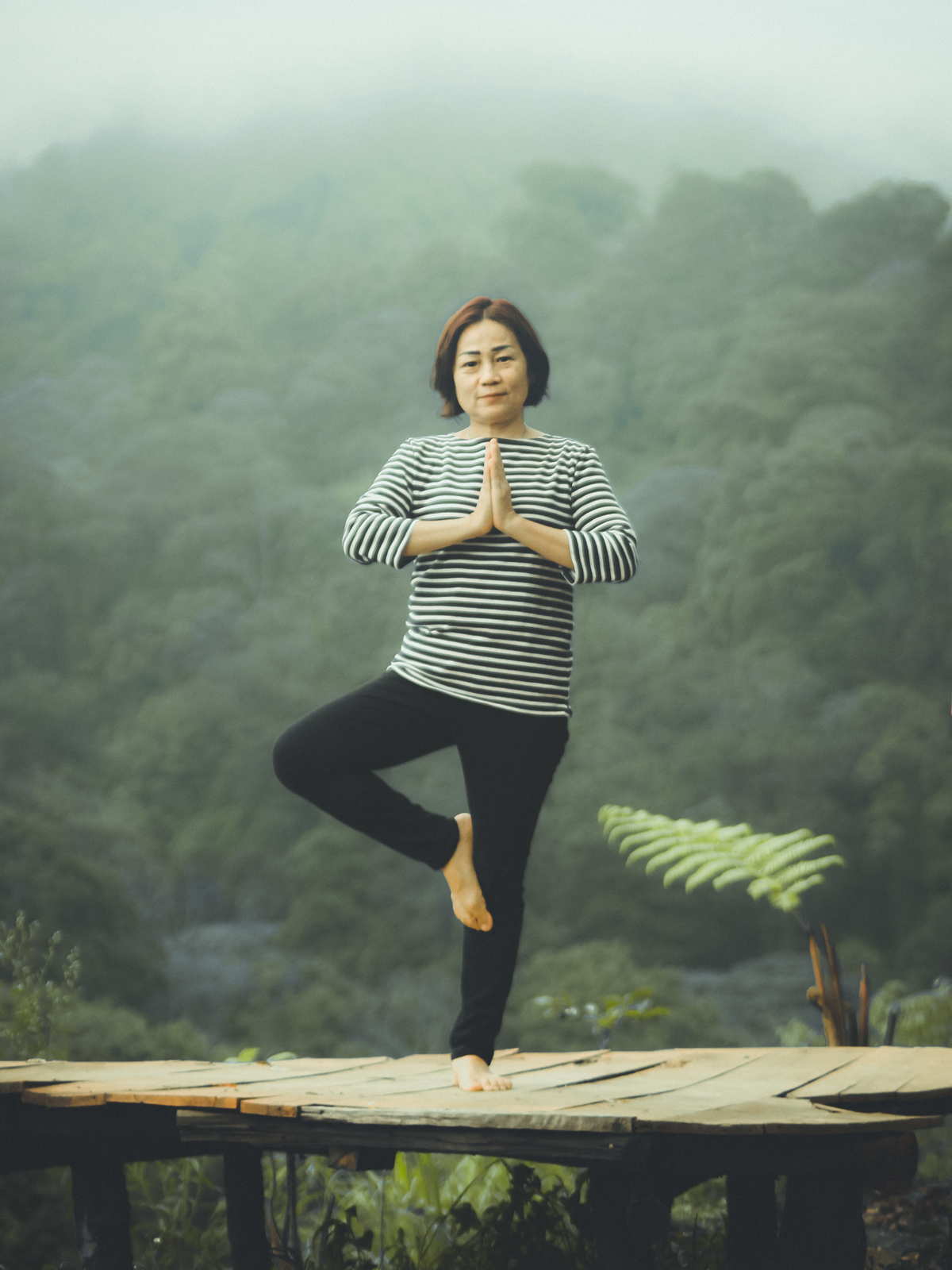
5. Exercise. This should be part of your daily routine already, but now even more so. If you’re an active individual, odds are you’ve made necessary adjustments to keep exercising at home instead of at your usual gym which is likely on lockdown right now. If you’re not regularly active, make exercising a priority and incorporate it into your day. Try yoga, or resistance training, or if you want to challenge yourself, go for High-Intensity Interval Training. Aside from its physical benefits, exercising releases endorphins in your body which triggers feelings of positivity, so be sure to include an exercise routine into your day, even if it’s only a short one.
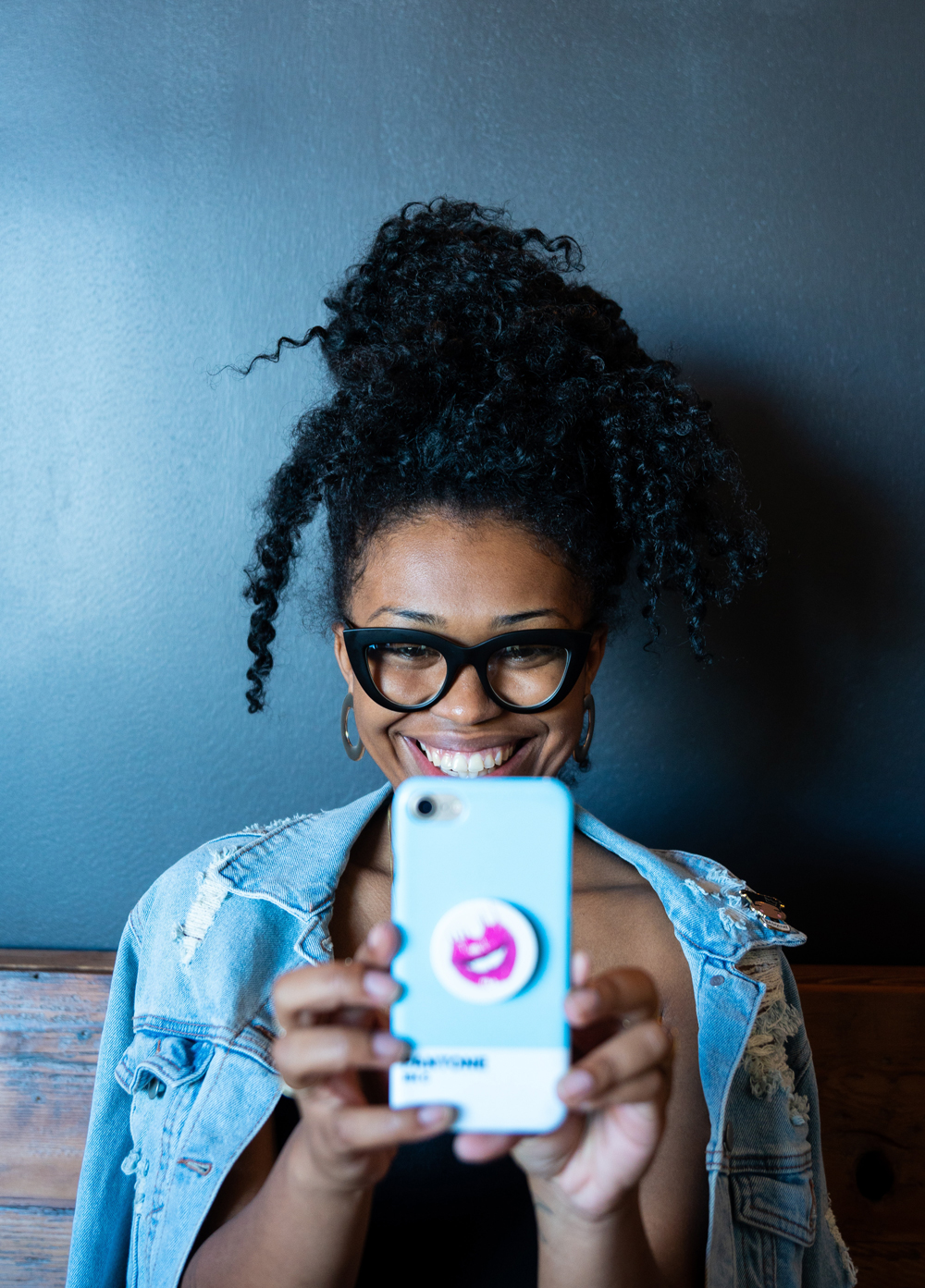
6. Create and nurture your digital community. Just because we’re all practicing social distancing, it doesn’t mean we can’t stay in touch with our family and friends. Thanks to all the communication technology most of us in the industrialized world have access to, doing video calls, and jumping into group chats, and even attending virtual parties and concerts, are valuable options for which we should be grateful. Check-in with your friends and reconnect with those you may not have heard from for a while. Keep in mind that your friends and family are likely suffering from the same types of anxiety and stress that you are experiencing right now, so make a mental effort to contribute positively to the conversation.
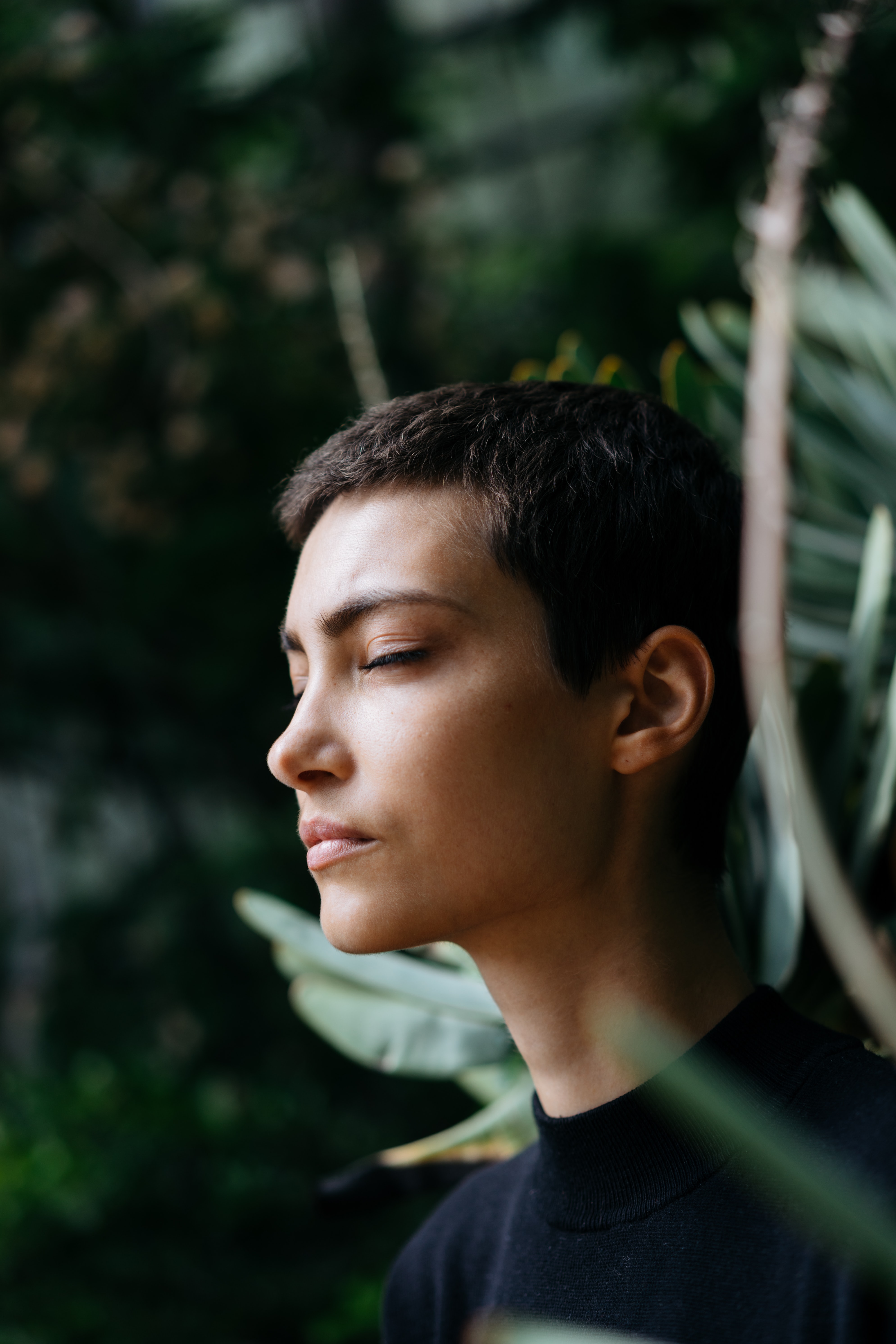
7. Practice diaphragmatic breathing. As you begin to incorporate meditation into your life, consider practicing multiple short mindfulness sessions throughout the day. A good pattern is to start your day with a gratefulness meditation, then a breathing exercise midday, and a sleep meditation at bedtime. What makes diaphragmatic breathing an excellent meditation exercise is the focus it asks you to place on your breath. By remaining engaged on how to breathe during a diaphragmatic exercise, your mind is less likely to wander away from the meditation, making it a great relaxation practice for beginners. There are also other benefits to diaphragmatic breathing, like lowering your stress hormone levels, lowering your heart rate, helping you relax, etc. If you’re interested in trying diaphragmatic breathing, check out The Healing Salon’s Breathing Exercise For Anxiety, Stress Management and Relaxation.

8. Incorporate humor and laughter into your day. This is one of the most important steps you should take in improving your positivity and benefiting from a more optimistic disposition. Numerous studies have confirmed short-term and long-term benefits of laughter on the human body and mind. Everything from stimulating your organs to lowering your stress levels, improving your blood circulation, strengthening your immune system, and even relieving physical pain – laughter is the best medicine.

9. Walk away from distressful conversations and situations. In today’s highly stressful pandemic environment, it is easy to get pulled into negative interactions and exchanges that can leave us feeling distressed, frightened, insecure and pessimistic. Recognizing these encounters early on and removing ourselves from these situations and interactions can help us manage our stress and contribute to our positivity. This also includes obsessing over constant news coverage, and updates about the spread of the virus. Staying informed and aware of what is happening locally and globally are important, and we should all make sure we are as educated and prepared as possible. But creating a healthy balance between news consumption and our daily routines is also crucial in helping us maintain a sense of normalcy and control over our mental health.
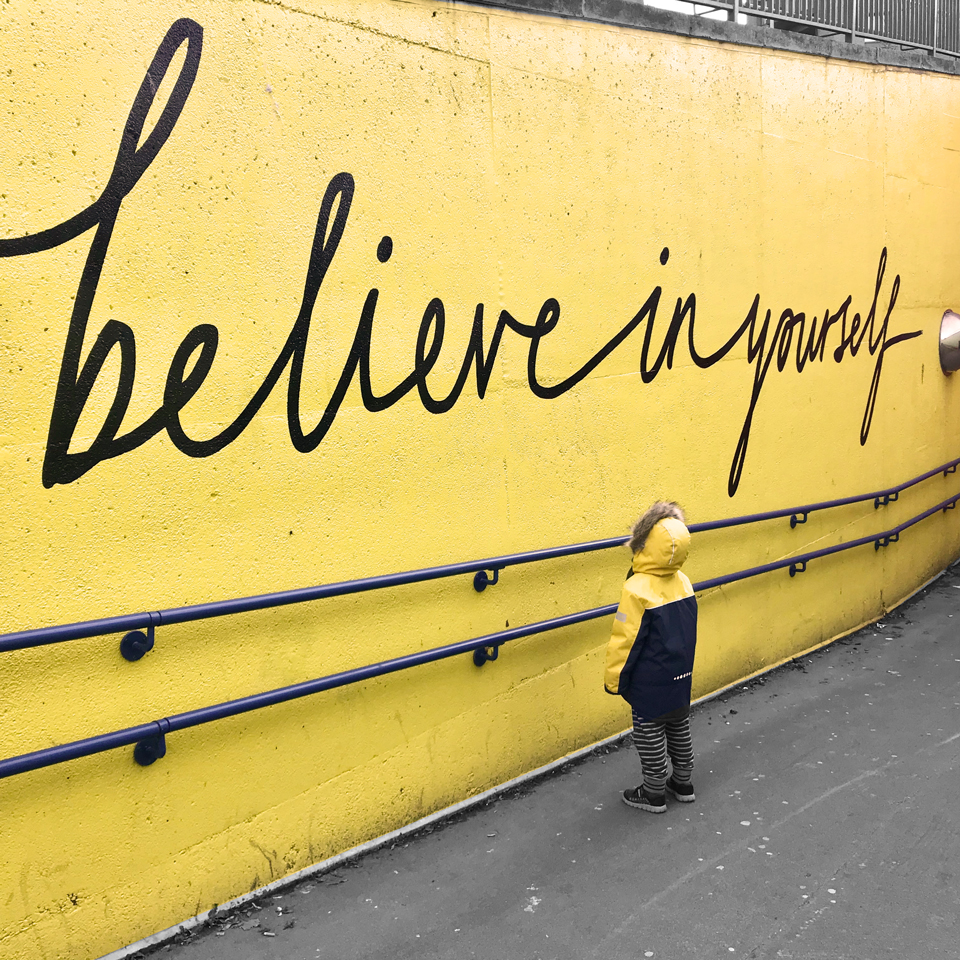
10. Have faith. I’m not talking about religious faith, although if you are a religious person and can draw from your belief systems, you most definitely should! I’m talking about having faith in humanity; in science; in technology; in our health care heroes; in collaboration; in the good in people; in our resilience; in our perseverance; in our ability to overcome even the most outrageous of obstacles to grow and evolve; in our future; in our constant and mutual commitment to improve ourselves and our communities; in our kindness; in our empathy; in our desire to provide a good life for ourselves and our loved ones; in never giving up until we find the right, permanent solution to bring this virus to heel. In life after Corona and everything we will have learned after all of this is done. Believe in yourself and your endless capacity to love.
Golareh is the founder of the online meditation center, The Healing Salon, a spa for your mind, spirit and soul. Stay up-to-date with her guided meditations and mindfulness content by following The Healing Salon’s podcast and subscribing to their YouTube Channel.


